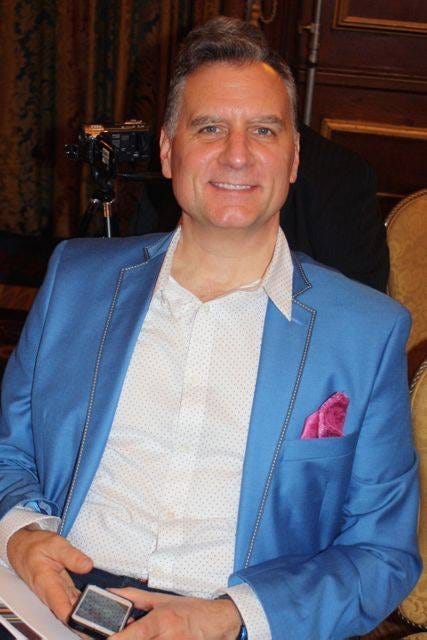Person of Honor: Tom Weisend
The Director of Creative Strategy & Account Management, Philanthropy at Dana-Farber Cancer Institute, in honor of #worldcomingoutday
The Director of Creative Strategy & Account Management, Philanthropy at Dana-Farber Cancer Institute, in honor of #worldcomingoutday
We first met Tom at Rue La La where he helmed UX and became one of the most loved and respected leaders in the place. Not to mention a friend for life. He also happens to be our marriage role model (he’s been married to cou…
Keep reading with a 7-day free trial
Subscribe to @heymrssolomon to keep reading this post and get 7 days of free access to the full post archives.





